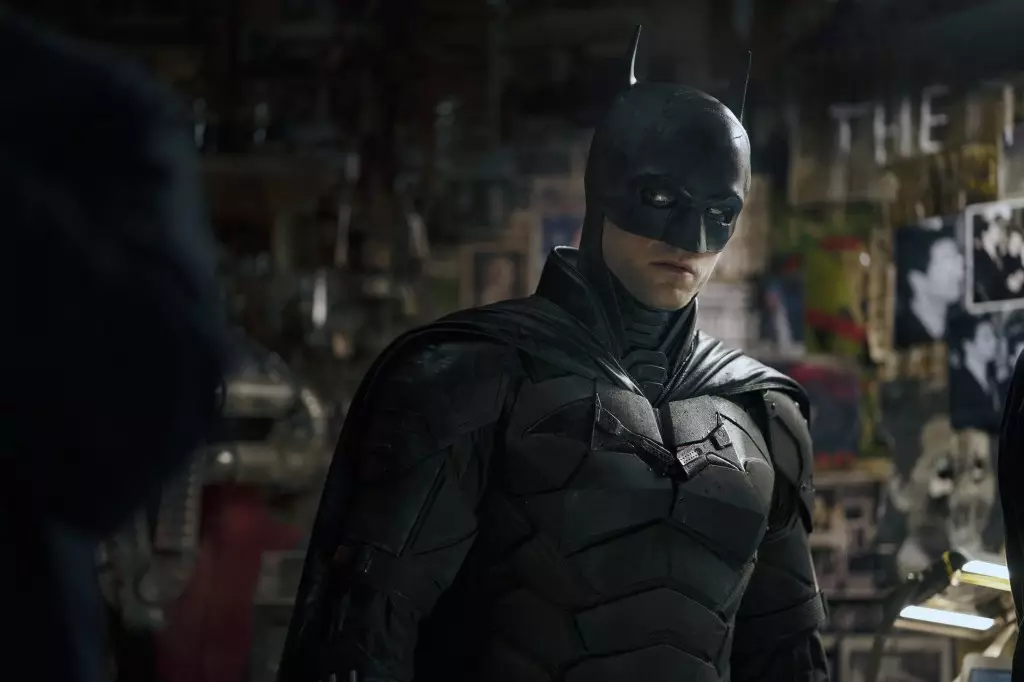In the aftermath of the Christmas season, Warner Bros. has made significant adjustments to its film release calendar for the upcoming year, signaling a strategic repositioning aimed at maximizing box office success. The anticipated sequel to Matt Reeves’ acclaimed film “The Batman” has been pushed from its original release date of October 2, 2026, to October 1, 2027. This decision reflects a careful consideration of production timelines and visual effects requirements, ensuring that the sequel not only meets high expectations but also delivers a compelling cinematic experience tailored for IMAX screens.
The decision to delay “The Batman” sequel is not merely a logistical adjustment; it encapsulates the challenges inherent in producing a high-quality visual effects-heavy feature. With production slated to commence in late summer, the timeline appears ambitious yet feasible. An October 2026 release date would have been tight, given the extensive post-production work required for such a VFX-intensive film. The strategic delay to 2027 allows the production team ample time to perfect the visual elements that have become synonymous with the superhero genre, ensuring that the audience is treated to a polished and stunning product.
Interestingly, Warner Bros. had previously earmarked the first weekend of October 2027 for a DC-related project. Thus, this shift holds a deeper significance, indicating the studio’s ongoing commitment to the DC Extended Universe and an acknowledgment of the box office potential that DC films possess, especially following the substantial success of the original “The Batman.”
The success of the first installment cannot be overstated. Garnering $369.3 million domestically and a staggering $772 million globally, “The Batman” emerged as a beacon of hope for the studio post-pandemic, breaking records and setting new standards for superhero films. In the wake of its release, the spinoff series “The Penguin” was greenlit, which has quickly risen to become one of HBO Max’s most viewed debut seasons—second only to “The House of the Dragon” and “The Last of Us.” This trajectory not only underscores the franchise’s staying power but also positions the sequel as one of the most anticipated films in Warner Bros.’ lineup for the next few years.
New Entrants: “Sinners” and “Mickey 17”
Replacing “The Batman” sequel on the previous date is an untitled film directed by Alejandro González Iñárritu, starring Tom Cruise. This film is set to make its mark in IMAX and represents an exciting venture for both the filmmaker and the star. The plot, centered around a powerful figure on a desperate journey to prove his worth as humanity’s savior amid a looming disaster, suggests a thrilling narrative that could capture a wide audience base.
Moreover, “Mickey 17,” directed by acclaimed filmmaker Bong Joon Ho, has taken up its new release date of March 7, 2024. This film marks the director’s first project since his Oscar-winning success with “Parasite.” Starring Robert Pattinson, “Mickey 17” is expected to deliver a unique sci-fi experience, attracting a diverse audience keen on thought-provoking narratives set within fantastical realms.
On the other hand, “Sinners,” directed and written by Ryan Coogler and starring Michael B. Jordan, tells the story of twin brothers returning to a hometown fraught with danger. Set for an Easter weekend release on April 18, the film has big shoes to fill, given Warner Bros.’ historic success during this holiday slot with films like “Batman v Superman” and last year’s “Godzilla X Kong: The New Empire.”
Warner Bros. clearly understands the importance of timing in an ever-competitive landscape. By strategically repositioning its films, the studio not only allows for better production rates but also aligns its releases with optimal box office windows. With the right mix of blockbuster sequels and fresh narratives, Warner Bros. is poised to make a significant impact on the cinematic landscape in the coming years.
The adjustments made to Warner Bros.’ release schedule represent a mixture of foresight and adaptability. By prioritizing quality and audience engagement, the studio is setting itself up for what could be another prosperous chapter in its storied history. The combination of returning franchises and compelling new voices suggests that moviegoers have much to look forward to as the industry continues to recover and innovate.
